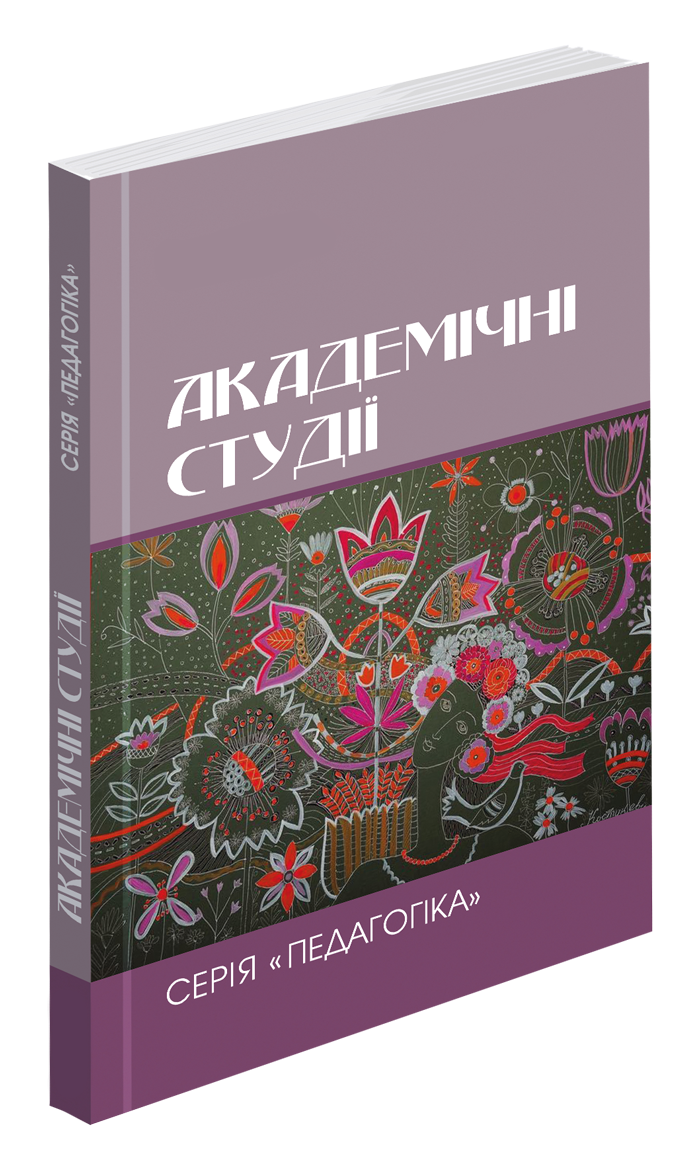Анотація
Стаття присвячена аналізу процесу становлення природничої освіти в період із другої половини ХХ до кінця ХХІ століття, акцентуючи увагу на основних тенденціях її розвитку, методологічних змінах та впливі науково- технічного прогресу на освітні програми.Особливу увагу приділено фундаменталізації знань як ключовому аспекту збереження наукової спадщини та забезпечення якісної підготовки фахівців у галузі природничих наук. Аналізується еволюція підходів до викладання природничих дисциплін у контексті розвитку STEM-освіти, що сприяє формуванню міждисциплінарного мислення та практичного застосування знань. Вивчається роль цифрових технологій у трансформації навчального процесу, зокрема вплив інтерактивних платформ, симуляцій, штучного інтелекту та віртуальної реальності на формування освітніх методик.Значне місце в статті відведено аналізу міжнародного досвіду у реформуванні природничої освіти, порівняльному дослідженню освітніх моделей різних країн та визначенню перспектив імплементації кращих практик в освітній процес.У статті обґрунтовується важливість балансу між теоретичними знаннями та практичними компетенціями, що дозволяє забезпечити глибоке розуміння природничих процесів та їхню реальну застосовність. Висвітлюються можливості використання гейміфікації, кейс-методів та проблемно-орієнтованого навчання для підвищення ефективності засвоєння матеріалу, мотивації студентів та інтеграції природничих дисциплін у практичну діяльність.Дослідження базується на міждисциплінарному аналізі, порівняльних освітніх дослідженнях та методологічному синтезі, що дозволяє глибше розкрити закономірності розвитку природничої освіти та окреслити шляхи її удосконалення в умовах сучасних викликів та майбутніх перспектив.
Посилання
Бак В. Ф., Степанюк А. В. Висвітлення тенденції інтеграції природничих наук та етики в змісті біологічної освіти старшокласників: монографія. Тернопіль: Вектор, 2015. 216 с.
Борзик О., Москалюк О., Ємець З., Височан Л., Ящук О. STEM як інноваційна стратегія інтегрованої освіти: світовий досвід та перспективи розвитку. Вісник науки та освіти. 2023. № 1 (7). С. 383–396.
Грицай Н. Б. Теорія і практика методичної підготовки майбутніх учителів біології: монографія. Рівне: О. Зень, 2016. 440 с.
Засєкіна Т.М. Інтеграція в шкільній природничій освіті: теорія і практика: монографія. Київ: Педагогічна думка, 2020. 400 с.
Інтегрований курс «Природничі науки». URL: https://ele.zp.ua/sites/nature/
Коваленко В.В., Мар’єнко М.В. Використання вчителями сервісів штучного інтелекту у навчанні природничо-математичних предметів у закладах загальної середньої освіти. метод. рекоменд. /За ред. В. В. Коваленко, М. В. Мар’єнко. Київ : ІЦО НАПН України, 2024. 71 с.
Концепція Нової української школи. URL: https://osvita.ua/doc/files/news/520/52062/new-school.pdf
Липова Л. Модель фундаменталізації змісту природничої освіти в загальноосвітній школі. Довідник директора школи. 2014. №1–2. С. 39–47.
Лубко, Д. В., & Шаров, С. В. (2021). Напрямки використання інтелектуальних систем в освітньому процесі. Українські студії в європейському контексті: зб. наук. пр., 3, 305–310. http://eprints.mdpu.org.ua/id/eprint/11680
Медвідь Л.А. Історія національної освіти і педагогічної думки в Україні. К.: Вікар, 2003. 335с.
Найдюк І. С., Козарь О. П., Рейс Т. Т. Роль інтерактивних методів навчання в процесі розвитку міжнародної STEAM-діяльності. Академічні візії. (23). 2023. № 23
Національна доктрина розвитку освіти України. URL: http://zakon5.rada.gov.ua/laws/show/347/2002
Національна доктрина розвитку освіти. URL: http://www.mon.gov.ua/laws/Ukaz_Pr_347.doc
Освітньо-професійна програма курсів підвищення кваліфікації вчителів, які викладають інтегрований курс «Природничі науки». 2020. URL: https://sites.google.com/view/nnczoippo/home/programs?authuser=0
Using the project method as a means of developing the creative potential of primary school children in Ukraine / Gregory Lucenko, Natalia Hrechanyk, Tatiana Gavrilenko, Olena Lutsenko. Routledge Education 3–13, 2023, 51(7), P. 1185–1194.
Сайт ЮНЕСКО. URL: https://unesco.mfa.gov.ua/
National Academies of Sciences, Engineering, and Medicine. 2000. How People Learn: Brain, Mind, Experience, and School: Expanded Edition. Washington, DC: The National Academies Press. URL: https://doi.org/10.17226/9853. https://www.nap.edu/read/9853/chapter/1.

Ця робота ліцензується відповідно до Creative Commons Attribution 4.0 International License.

